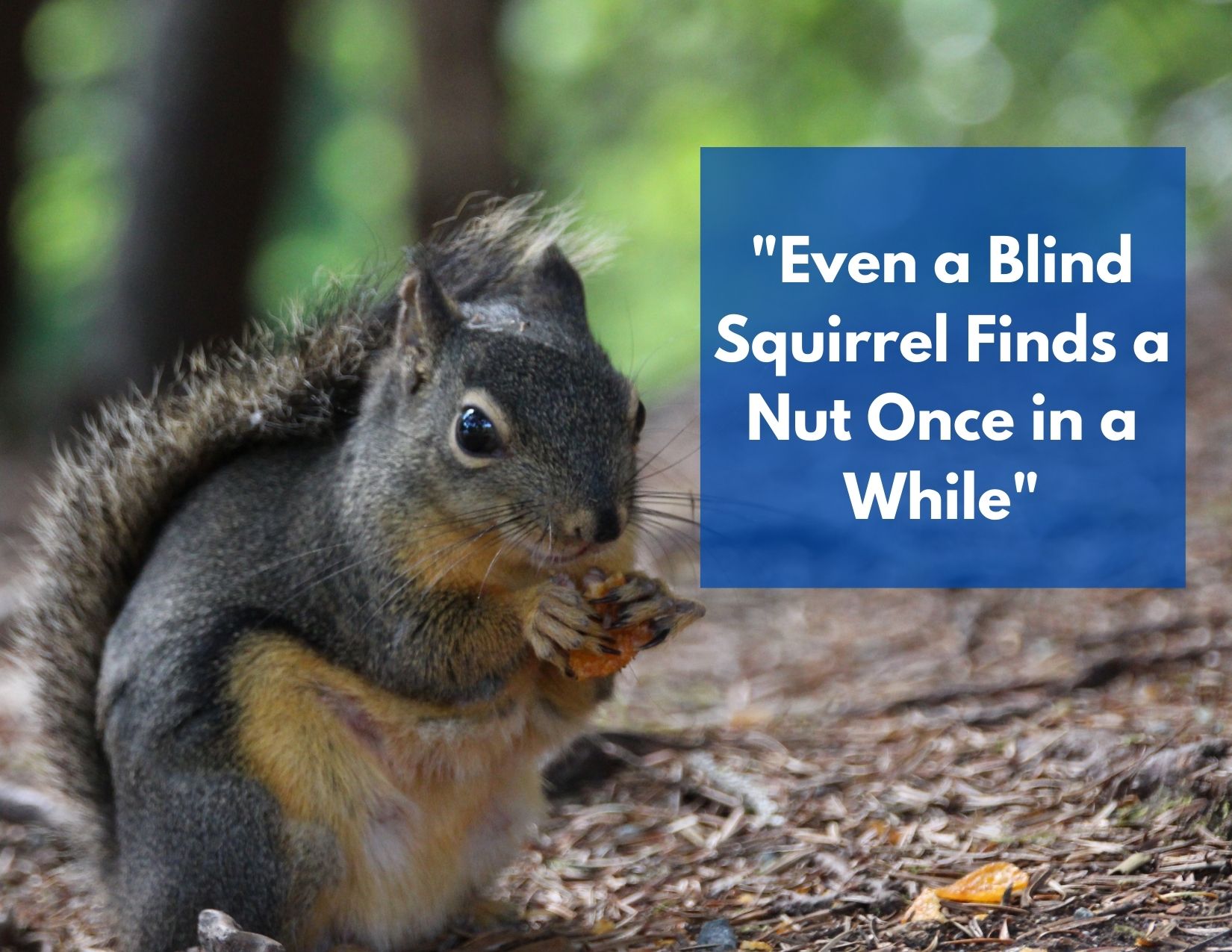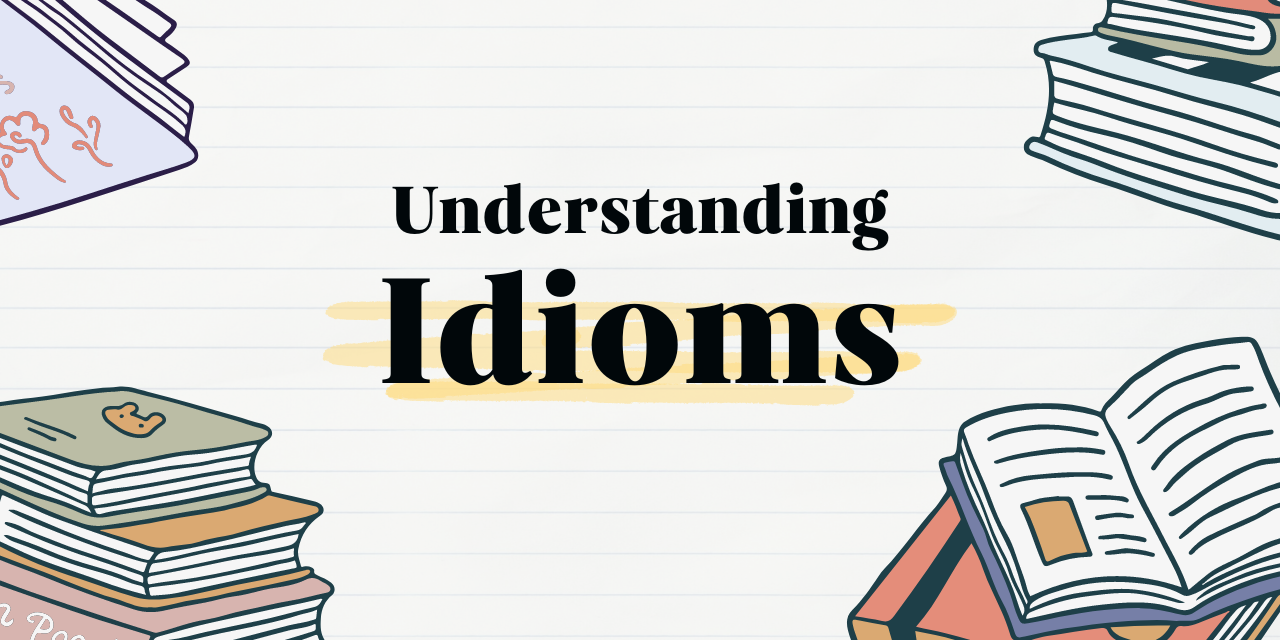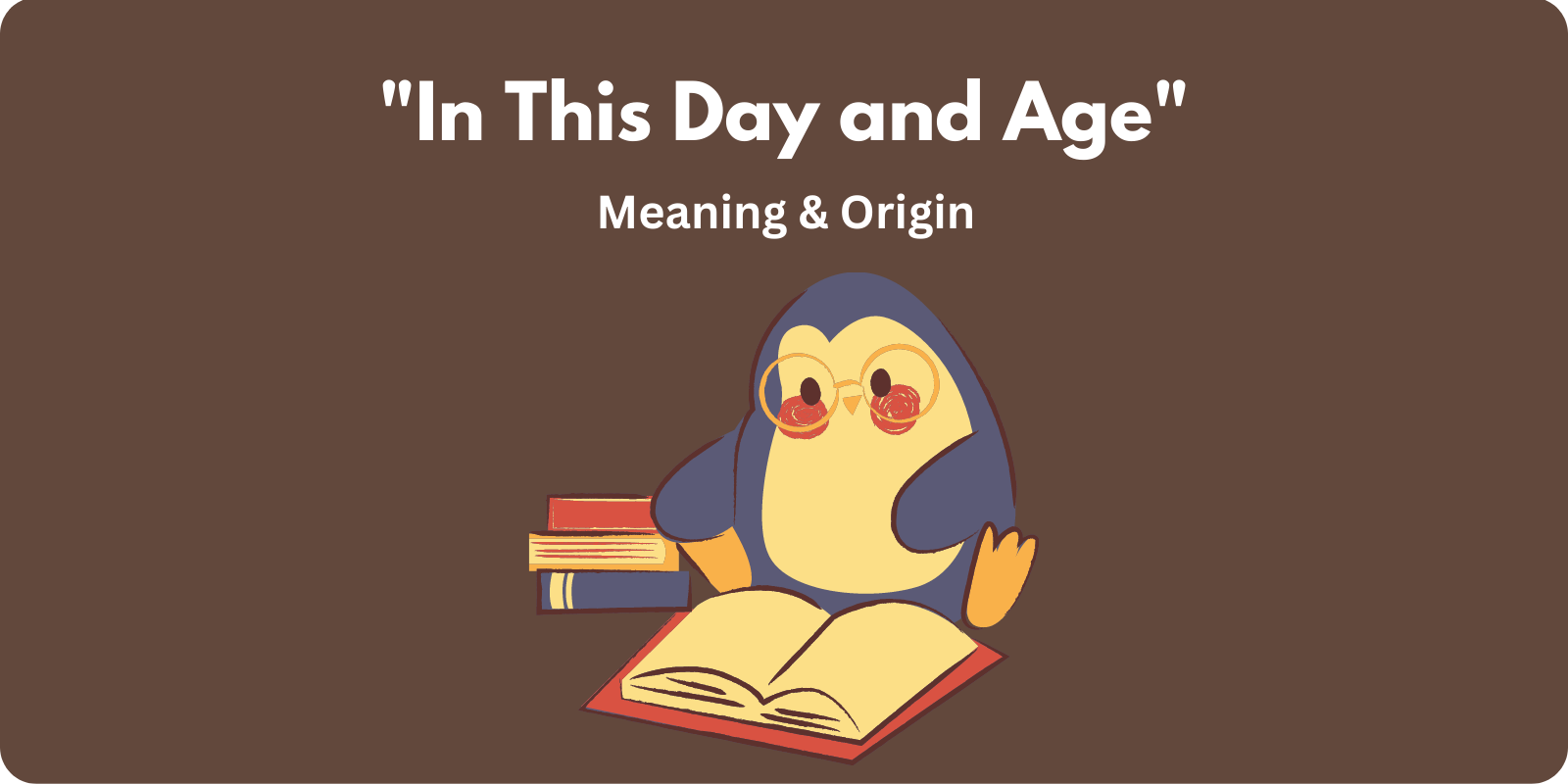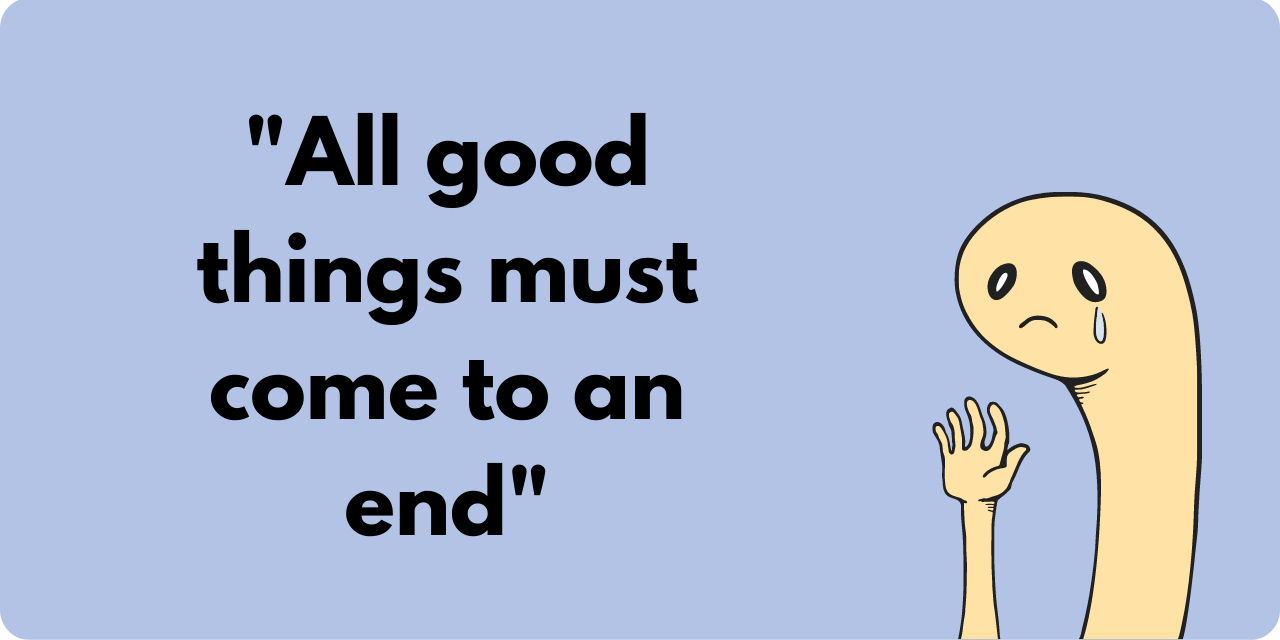
- An idiom is an expression that has an understood meaning utterly different from what the words say.
- “Even a blind squirrel finds a nut once in a while” implies that a person experienced success due to luck more than skill, often because a person often performs poorly at the task or is unreliable.
- Due to potential ableist discrimination over the word “blind,” there are other options to express the same sentiment, including “Even a broken clock is right twice a day.”
From time to time, you may hear someone say, “Well, even a blind squirrel finds a nut once in a while,” or some variation of this expression. It represents surprise that the individual completed a task or performed an activity successfully.
The idiom itself implies that a squirrel with a visual impairment struggles to discover food but that by sheer chance alone manages to find an acorn on rare occasions. Due to the nature of the expression, it is often flagged as ableist since it suggests that those who have a disability such as blindness are not competent to succeed.
Whether or not the expression intends discrimination or not, what does it mean? As an idiom, it is first helpful to understand how that form of figurative language works.
What is an Idiom?
Idioms have meanings opposite of what they say. They can be highly confusing to non-native speakers because idioms have understood meaning that develops within a culture over time.
That said, many people belonging to that culture may still find themselves “in the dark” when understanding idioms. Comprehension comes with idiom exposure and context, assuming a more forthright explanation is unavailable.
Here are some common idioms:
- I was sad to hear that old Farmer Buck kicked the bucket.
Taken literally, one would expect that the speaker was emotionally affected when Buck physically kicked an actual bucket, whether empty or containing water, gold, or some other valuable commodity. Whether sadness comes from the spilling of said resource or because Buck broke his toe is unknown.
Yet, neither is the case because the speaker is not talking about a bucket. This idiom means that old Farmer Buck died, which is quite different from a simple bucket kicking.
For whatever reason, there are many idioms to convey that same connotation:
- My grandmother is pushing up daisies.
- Randal’s video game character bought the farm when he was ambushed by several monsters simultaneously.
Other common idioms include:
- When I looked outside, it was raining cats and dogs.
The quintessential idiom, this old favorite means that these animals were literally dropping out of the sky if taken at “face value.” Still, the general understanding is there was a downpour – a significant amount of rain.
- When he learned his mother was angry at him, William decided he had better bite the bullet and take his lecture.
Rather than chewing on an actual bullet, this expression means that he has decided to face an inevitable situation. People often use it when they have to do something they do not want to do but know that they must.
So, Blind Squirrels?
With a basic understanding of idioms, you can understand how “even a blind squirrel finds a nut once in a while” most likely has nothing to do with squirrels or nuts.
Instead, people use it in a playful or derogatory way when a person with whom they have low expectations manages to succeed by completing a task or answering a question.
Often, people use this expression based upon the intended recipient’s track record with similar actions or even their perceived intellectual capacity.
- When Julie answered the teacher’s question correctly, everyone was surprised. I guess even a blind squirrel finds a nut once in a while.
Based upon “everyone’s” surprise, Julie generally misses questions in class, or the other students do not value her intellect. The speaker implies that luck may have played a more significant factor in her correct response than any measure of skill or proficiency with the subject matter.
- That Trey managed to assemble the dresser using the instructions is ample proof that even a blind squirrel finds a nut once in a while.
Once more, this statement serves to bolster a low opinion of Trey’s capabilities, resulting in a derogatory tone. Whether this is due to Terry’s inability to follow instructions, put things together correctly, or do anything by himself is a mystery. The figurative language invokes surprise that Trey successfully completed his project.
- When Josea noticed the flaw in her system, Margerie grumpily responded, “Even a blind squirrel finds a nut once in a while.”
There could be a few different ways to understand the idiom’s usage in this scenario. Of course, it could imply that Josea is generally unperceptive or inept, but there’s the added depth of Margarie’s emotions when he discovers the problem in her precious design. She may simply be using the expression out of spite because she is angry that it is imperfect and takes her ire out on Josea as the one who discovered the problem.
Note that the tone behind the words is an essential factor in whether the statement comes off as hateful or simply a playful jest between friends.
Alternate Expressions
To avoid any ableist concerns, a more politically correct variant of the idiomatic expression is “Even a broken clock is right twice a day.” It has a similar meaning, although it implies that success comes by ineptitude or inaction, as the successful reporting of time comes through no actions of the clock itself. Instead, it is frozen at a specific time that, by design, occurs twice a day regardless.
Other expressions that may work include:
- Throw enough mud at the wall, and some of it is bound to stick.
- If one shoots enough arrows, one will eventually hit the target.
Several varieties still involve blindness, usually exchanging the animal and the food item:
- Even a blind pig finds a truffle once in a while.
- Even a blind hen sometimes finds a grain of corn. –
Want to sharpen your business writing skills? Discover our acclaimed online courses at syntaxtraining.com






